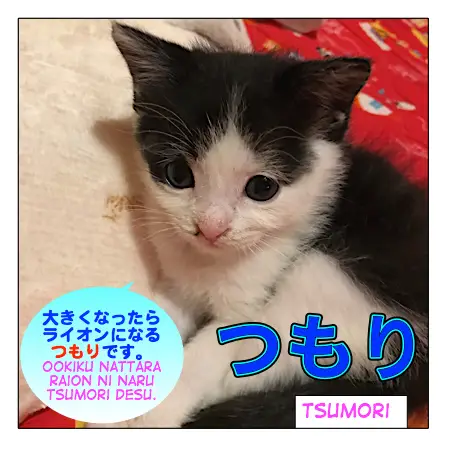
「大きくなったらライオンになるつもりです。」
= Ookiku nattara raion ni naru tsumori desu.
= I am going to be a lion when I grow up.

「大きくなったらライオンになるつもりです。」
= Ookiku nattara raion ni naru tsumori desu.
= I am going to be a lion when I grow up.

「ここまでかわいい先生はいないでしょ。」
= Koko made kawaii sensei wa inai desho.
= I bet you can’t find this cute teacher.
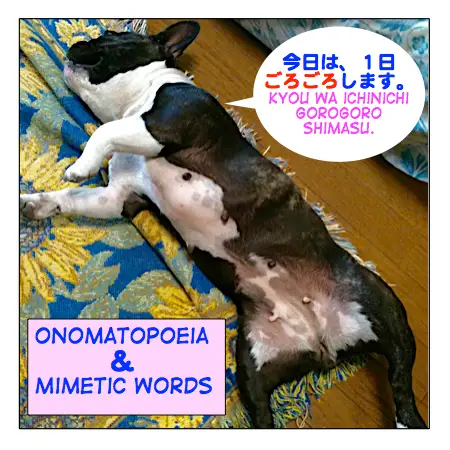
「今日は1日ごろごろします。」
= Kyou wa ichinichi gorogoro shimasu.
= I am going to lie around doing nothing today.
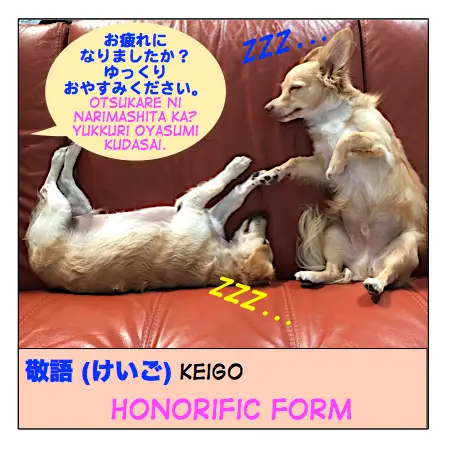

Parker:「ベロが出てるよ。」
= Bero ga deteru yo.
= Your tongue is sticking out.
Phineas:「いいの、ほっといて」
= Iino, hottoite.
= Just leave me alone!
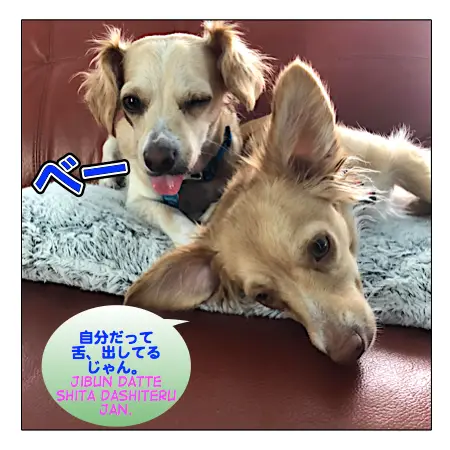
Parker: ベー
= Beeh
Phineas:「自分だって舌、出してるじゃん。」
= Jibun datte shita, dashiteru jan.
= You should talk. You are sticking out your tongue, too.
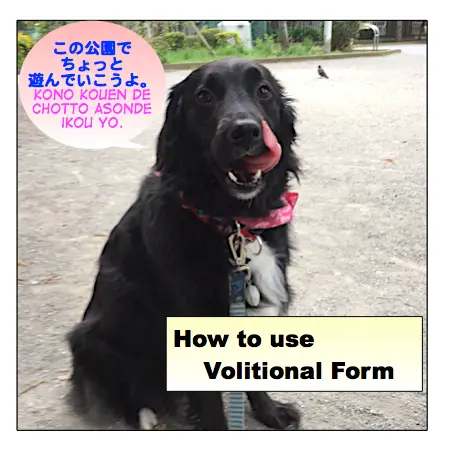
「この公園でちょっと遊んでいこうよ。」
= Chotto kono kouen de chotto asonde ikou yo.
= Why don’t we play in this park a little?
いつも笑っていれば幸せになるよ!」
= Itsumo waratte ireba shiawase ni naru yo!
= If you always smile, you will be happy!
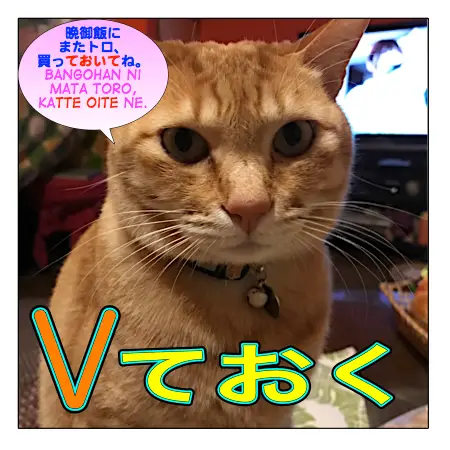
「晩御飯にまたトロ、買っておいてね。」
= Bangohan ni mata toro, katte oite ne.
= Buy me fatty tuna for dinner again for me.
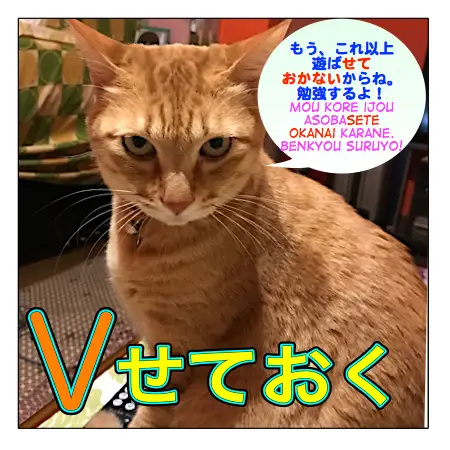
「もう、これ以上、遊ばせておかないからね。勉強するよ!」
= Mou, kore ijou, asobasete okanai karane. Benkyou suruyo!
= I am not going to let you play anymore. We are going to study now, OK?
「いくら働いても仕事が終わらないの…」
= Ikura hataraite mo shigoto ga owaranai no…
= No matter how much I work, I can’t get my work done…